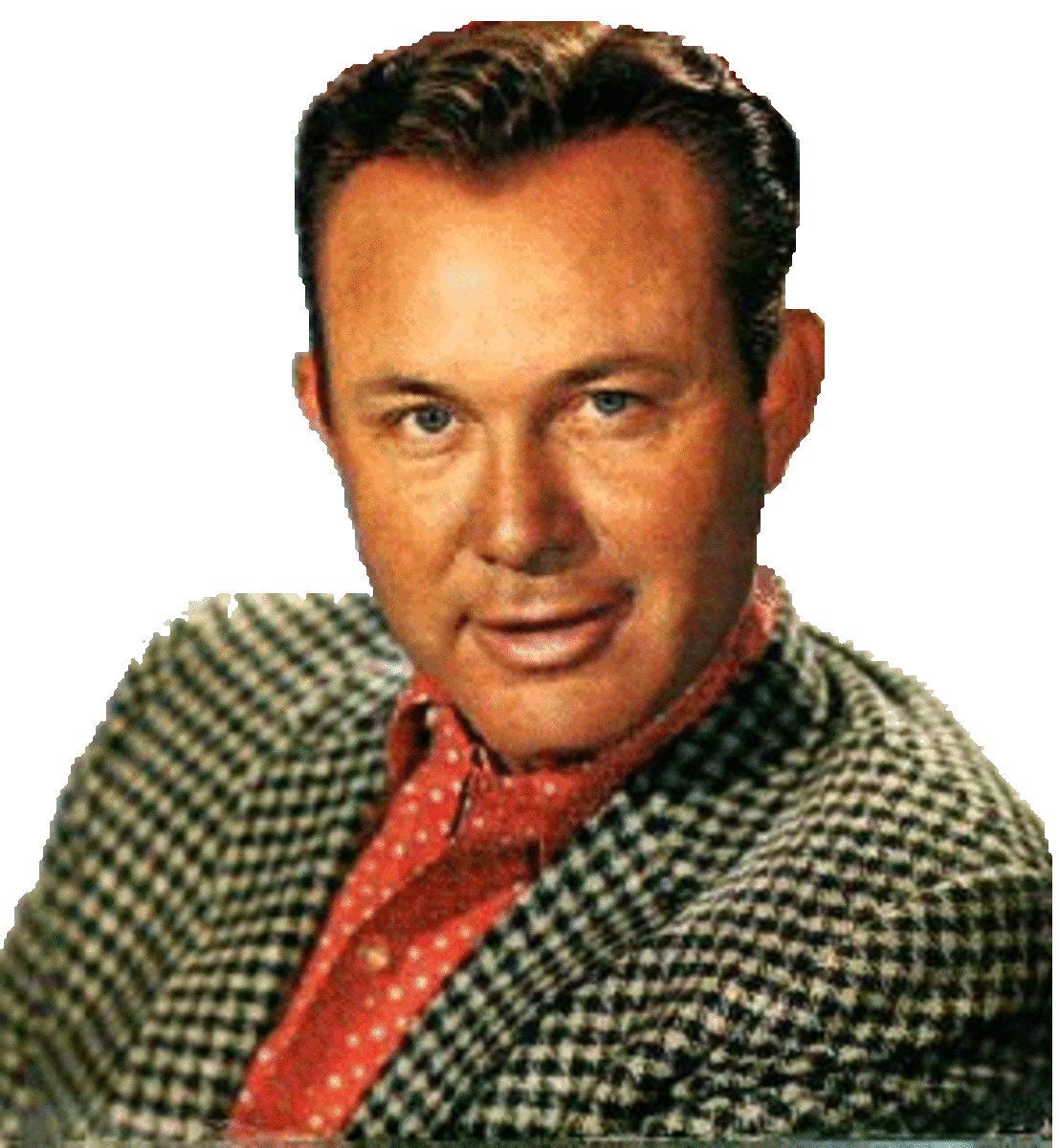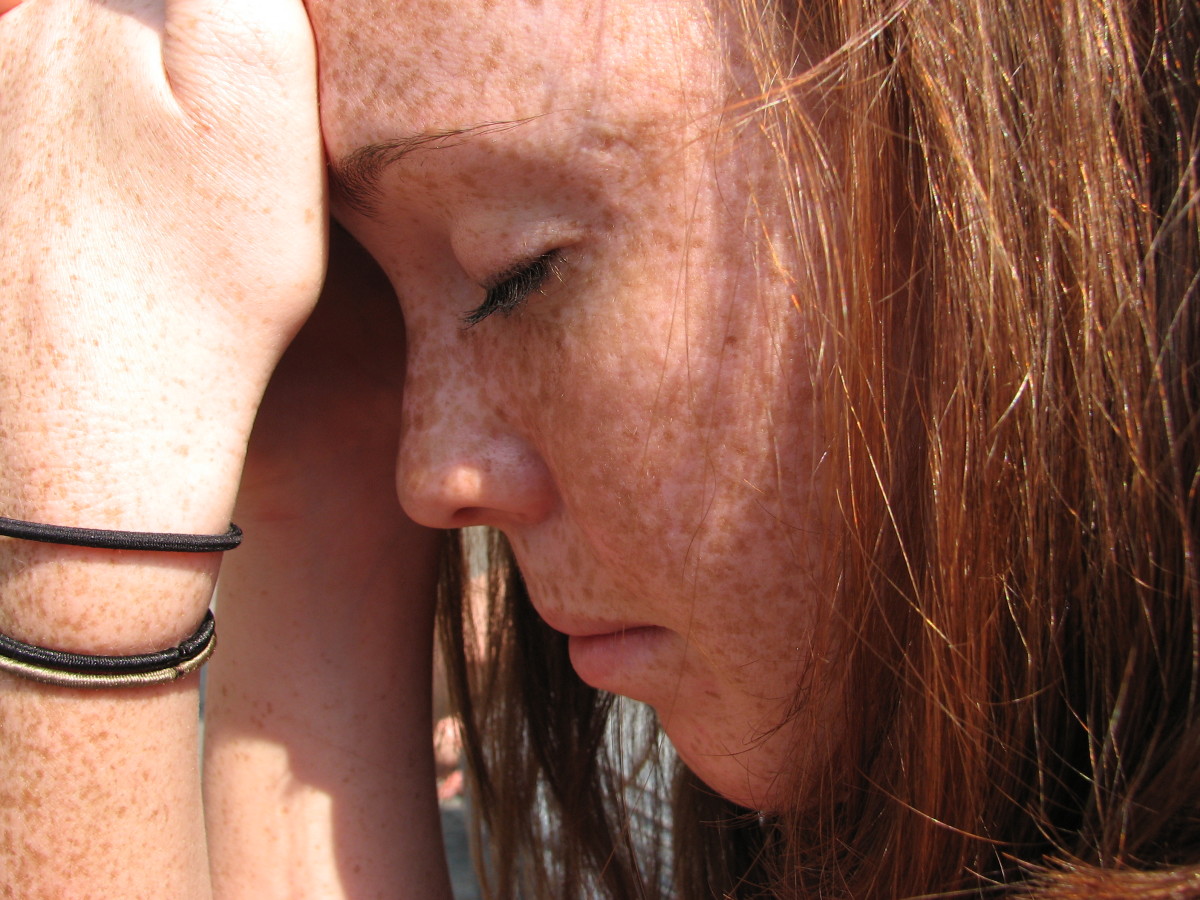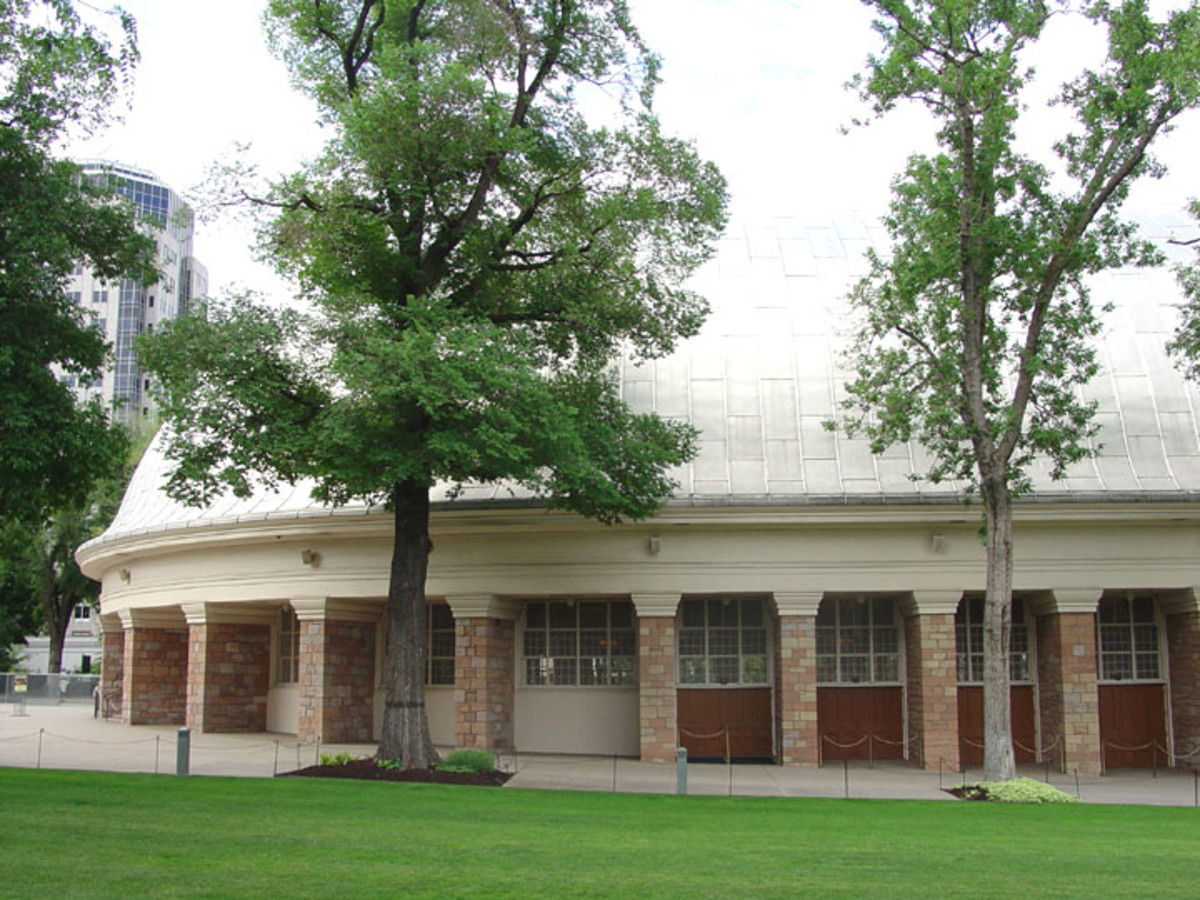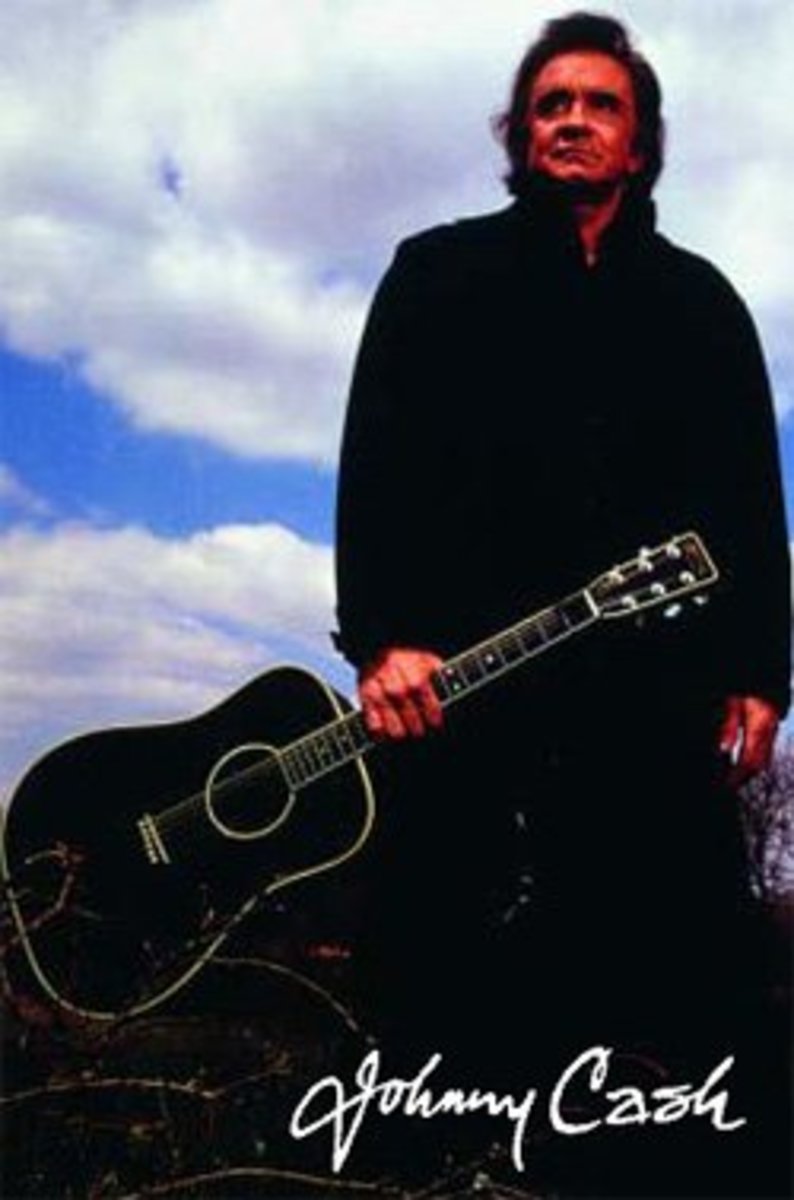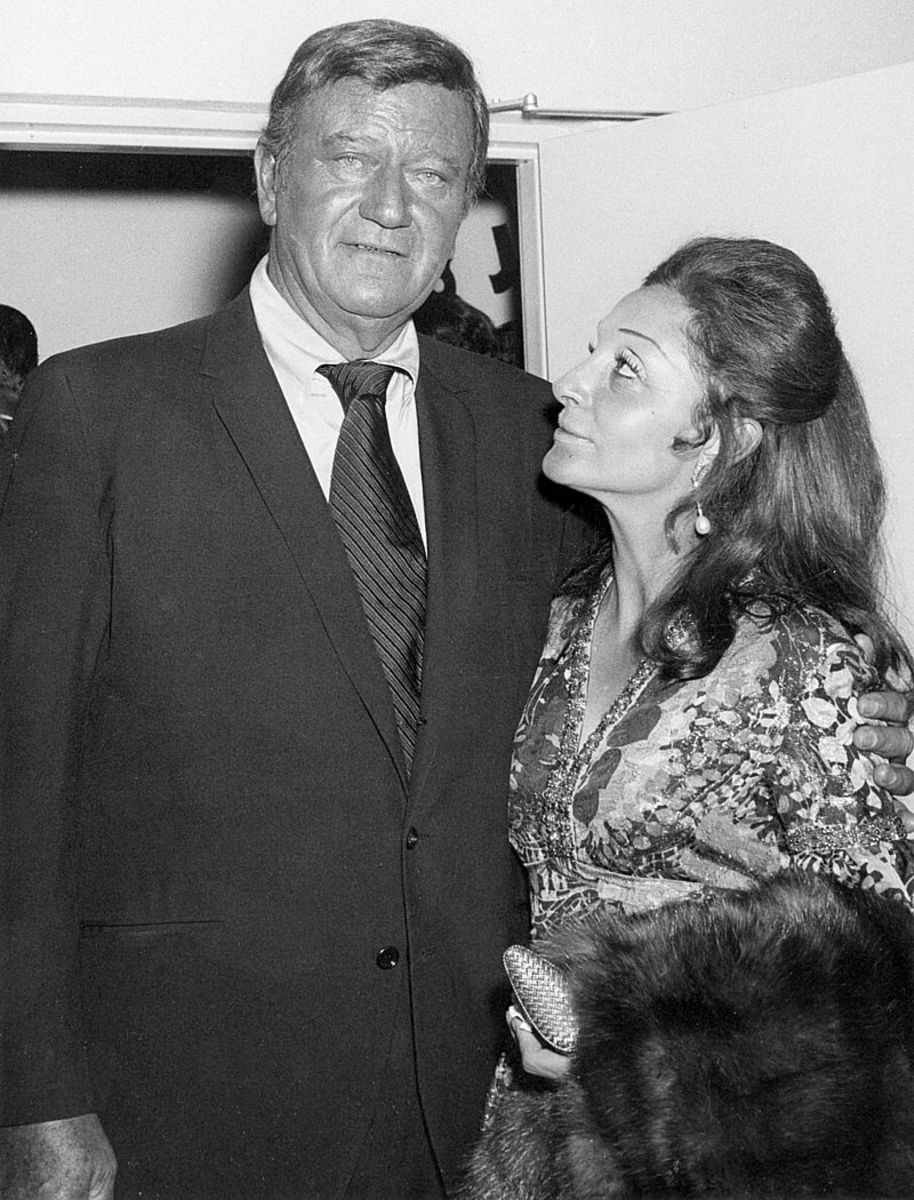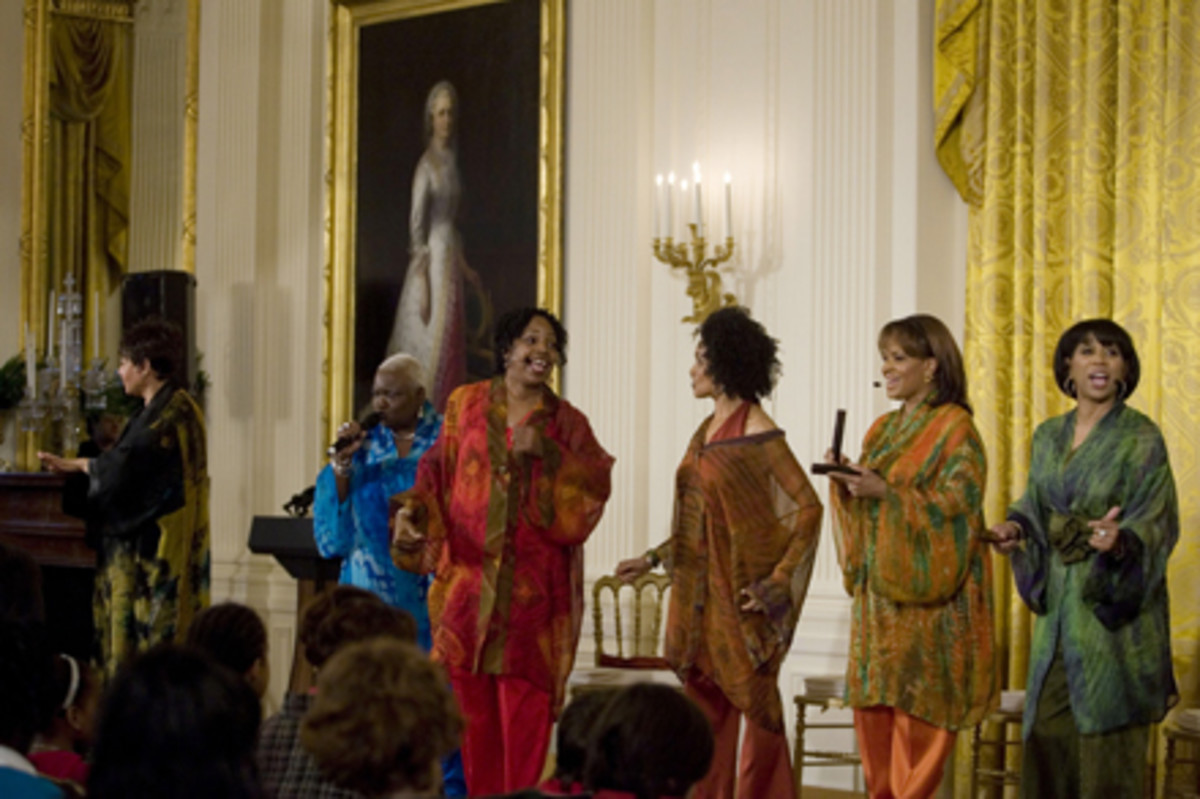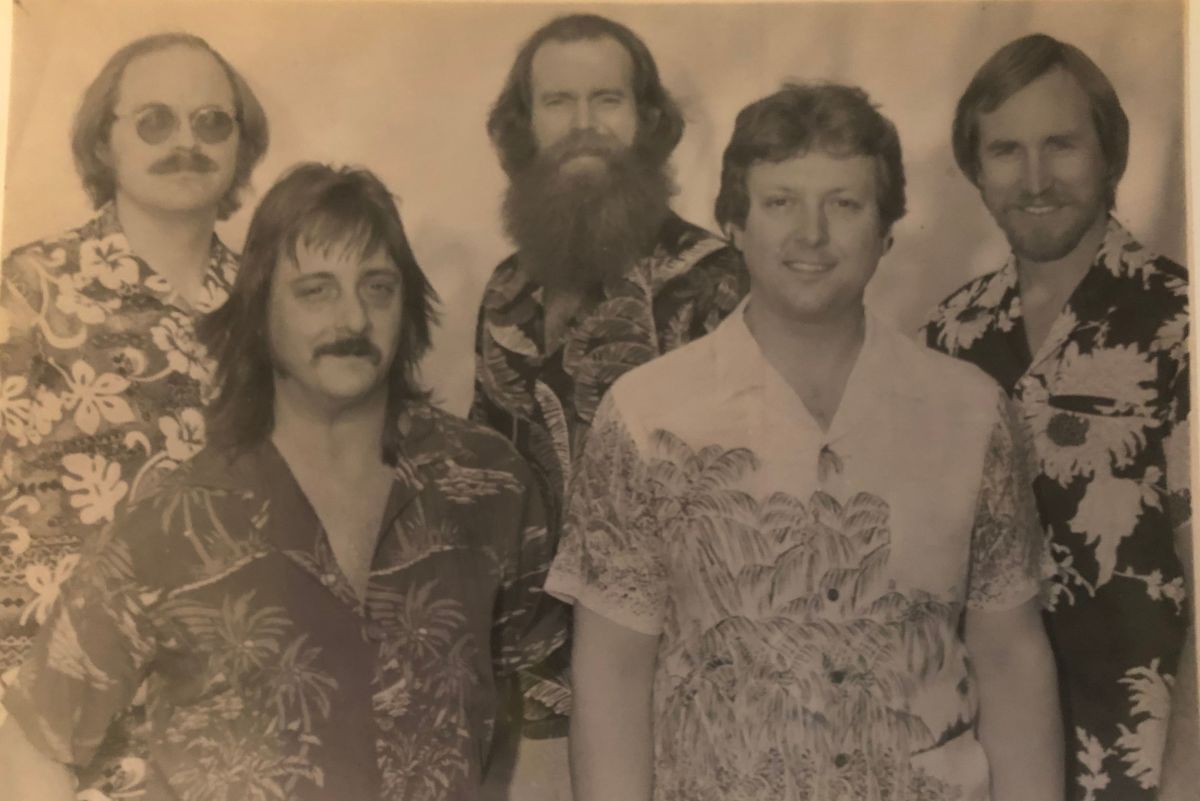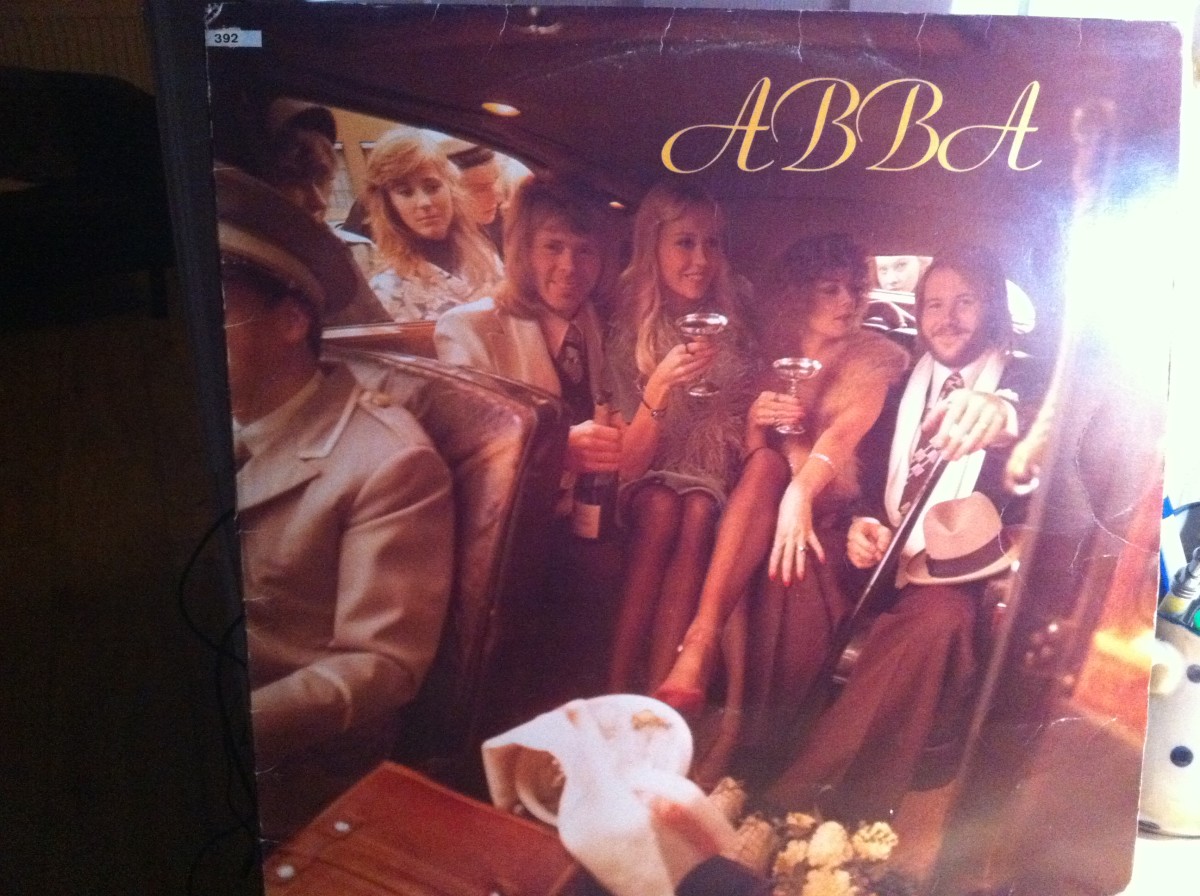Johnny Cash Biography - The Man in Black
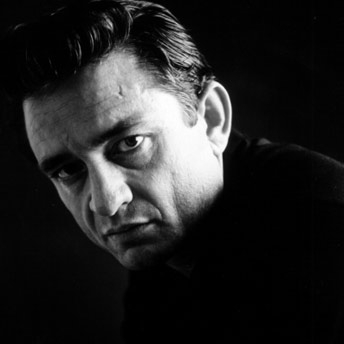
Early Life
One of the most influential musicians of the twentieth century, and one of the most revered is Johnny Cash. Although he is often remembered as a country singer, he is far more than that. Johnny Cash was born J.R. Cash on February 26, 1932 in Kingsland, Arkansas; He was one of six children born to Ray and Carrie Cash; at birth, Johnny Cash was given the name "J.R." because his parents could not decide on a first name for him; later, he would adopt the name John R. Cash. Soon after his birth, his family moved to Dyess, Arkansas to take advantage of a government work program. It was during these early years that his earliest influences were the sight of farmlands, gospel and country music playing on the radio. Music was an important part of the Cash home, and young J.R. picked up a variety of genres from a variety of sources including his mother, the Cash family singing while working, and workers at the local railroad yards. Consequently, many of the songs J.R.would later sing were inspired by the hardships he and his family went though during his childhood; one popular song he would later sing was called "Five Feet high and Rising"; this song was about a flood that happened when he was a child.
Graduation from High School and Military Service
John stayed in Dyess, Arkansas till he finished high school in 1950. Upon finishing high school, he went to Michigan in search of work, although he found work at an automotive plant, his stay in Michigan would be short lived; Cash decided to join the Air Force. J.R. completed his basic training in Texas; it was during this time he met his first wife Vivian Liberto. Upon completion of basic training , he was shipped to Germany to be a code interceptor for the Air Force. While he was in Germany, he taught himself to play the guitar and he organized his first band. Once his enlisted period was completed,Sergent Johnny Cash was honorably discharge in July 1954.
Sun Records
A month after John arrived home, he was married to Vivian Liberto in August 1954; when they were married they settled in Memphis. While trying to break into the music business, and to provide for his family, Johnny Cash worked a variety of jobs to care his family. It was during this time Cash found the courage to audition at the Memphis based Sun Studio; during the audition, Sam Phillips told him his Gospel music was not marketable material. However, John eventually won him over with a secular song that was to Phillips liking. John's first recordings at Sun Studio was "Hey Porter" which failed to chart, and "Cry Cry Cry" which made it to no 14 on the country charts in 1955; Cash's next hits were"Folsom Prison Blues" and "I Walk the Line". "Folsom Prison Blues" made it into the country top five; "I walk the Line" was a number one on country charts, and a top twenty on the pop charts. It was during this time Cash appeared on the Louisiana Hayride in December 1955, and he was a regular before moving on to the Grand Ole Opry in July of 1956. In December 1956 Johnny Cash, Elvis Presley, Jerry Lee Lewis and Carl Perkins had a gathering/recording session at Sun Studio; as a result of this recording session, the four of them were called “the Million Dollar Quartet”; although nothing really became of the recording session, Sam Phillips made sure the musical session were recorded for historical purposes. Later in 1957, John recorded the hit record "Home of the Blues"; At this point in time, John was Sun Records consistent best selling artist; despite this, Cash was starting to feel he didn't have the creative freedom he desired under the Sun Label; Elvis Presley had already signed with RCA records back in January 1956, and Sam Phillips was focused on the career of Jerry Lee Lewis.
Columbia Records
In 1958, seeking more artistic freedom, Johnny Cash signed with Columbia Records. For the remainder of the 1950s on into the 1960s, John continued to constantly release hit records; In addition, he had appearances on the Ed Sullivan Show and the Tonight Show. Because of his increased recording freedom at Columbia Records, John was able to release folk related albums such as "Bitter Tears", making him popular among folk music lovers; as a result of this popularity and his friendship with Bob Dylan, Johnny Cash performed with Dylan at the Newport Folk Festival in 1964.
Despite appearances, all was not well; John was out of control, and his marriage was on the rocks, and divorce was on the horizon. To make matters worst, his three hundred shows a year were taking its toll on him; While on the road, Cash was having affairs with other women, and he become depended on narcotics to help keep up with his busy schedule; disgusted with her husbands behavior, Vivian Liberto filed for divorce in 1966. By this time John was a mess, and it was beginning to impact his career. In 1967, with the help of his singing partner June Carter and her family, Cash was able to overcome his addictions. Later in 1968, twelve years after they met, John and June Carter were married on March 1, 1968; although John asked June numerous times before, she finally agreed when he proposed during a performance in Ontario Canada. As a result of the stability June brought to John's life, he was able to re-energized his career. For the remainder of the 1960s Johnny Cash was at his best. During this time, John recorded live albums at both San Quentin and Folsom Prison; when released both went gold; Because of his success in the late 1960s, John received honors such as the Country Music Association's Entertainer of the Year.
The Johnny Cash Show and Hall of Fame inductions
One other important milestone John reached in 1969 was his own variety hour The Johnny Cash Show. In addition to the variety of musical guest, Cash used the show to discuss social issues of the day. One or two popular topics at the time was the treatment of prisons in the United States Prison system, and Vietnam. Although the show was canceled in 1971, Johnny Cash continued to have TV specials for the next several years. In the mid 1970s, John's record sales begun to decline, but his book titled "Man in Black", published in 1975, sold over a million copies. It was during this time he made semi-frequent appearances on the Gospel show Billy Graham crusades; in addition, because of his friendship with Billy Graham, John helped to produce a film called "The Gospel Road". In 1980, Johnny Cash was the youngest living person inducted into the Country Music Hall of Fame; Later in 1992, the Rock and Roll hall of fame inducted him too. Johnny Cash is one of the few artist in both the Rock and Roll and Country music Halls of Fame.
The Highwaymen
In the mid 1980s Cash teamed up with friends Waylon Jennings, Willie Nelson and Kris Kristofferson to form the group "The Highwaymen". This group released three albums from 1985 to 1995.
Their first album "Highwaymen" was a number one hit. Later in 1990, the group released a second album "Highwaymen2"; this album didn't have as much success as the first one, but it did reach number 4 on the country album charts, and "Highwayman 2" was nominated for a Grammy for Best Country Vocal Collaboration. Six of the song on the album were written by the groups members.
The Last of the three albums released in 1995 was called "The Road Goes on Forever". This was the last album prior to the death of Waylon Jennings(2002) and Johnny Cash(2003).
American Recordings Label
As time went on, Cash begun to realize how indifferent Columbia Records had become towards him. Cash intentionally recorded an awful song called "Chicken in Black" to protest their treatment of him, but the song turned out to be a bigger hit than his recent recordings. Despite this, it wasn't long before Cash and Columbia severed their relationship.
In 1986, Cash returned to Sun Records to once again record with Jerry Lee Lewis, Roy Orbison, and Carl Perkins;the fruits of this recording session was an album called "Class of '55"; during this time Cash was briefly at Mercury records from 1987 to 1991. Although his career was in a down turn, a new interest in his music resulted in Cash being befriended by Rick Rubin.
In 1993 interest in John's music led to him singing the vocals on U2's single "The Wanderer". At this point in time, Cash was not sought by major labels, but Cash was offered a contract with Rick Rubin's American Recordings label; although this label was associated with rap and hard rock, John accepted the offer. the first album "American Recording" was commercially successful, and it won John a Grammy. When asked about it later Cash said it was a highlight of his career. A couple of years later, John recorded a sequel to his 1994 hit called "Unchained"; this time he used Tom Petty and the Heart Breakers as his accompaniment; as a result, Cash won a Grammy for best Country Album.
Death
Johnny Cash was diagnosed with a neurodegenerative disease in 1997. Later, the diagnosis was changed to automatic neuropathy associated with diabetes. This illness forced him to stop touring. Later in 1998, Cash was hospitalized with pneumonia, which severely damaged his lungs. The albums released in 2000 and 2002(American III and American IV) are thought to be his response to his illness. The video that was released for "Hurt" fits John's view of his past, and is thought to be an expression of regret for some parts of his life.
June Carter Cash left this life on May 15, 2003; a few months later, Johnny Cash passed away on September 12, 2003. Johnny Cash influenced countless artists throughout his life and he continues to influence a new generation though his music and videos. Upon his death, Cash was revered by the greatest popular musicians of his time. Cash will always be remembered as a man who was genuinely concerned for the poor and the forgotten throughout the world. He was never content to remain in the genre of Country; he was as comfortable in Rock and Roll, Rockabilly, Gospel and Blues.
John received numerous awards during his lifetime including multiple Grammies, Inductions into the Rock and Roll and the Country Music Hall of fame. In 1996 Cash received the Kennedy Center Honors, and he received the National Medal of Arts in 2001. Lastly, one of John's final albums(AmericanV) produced with American Recording Label was released posthumously in July 2006.
Additional Information and a brief Biography Video
- CMT.com - Additional information on Johnny Cash
- Wikipedia.org - Information on Johnny Cash life
- Wikipedia.org - Johnny Cash Discography
- Charlie Rich - An article related to Cash's years at Sun Records

